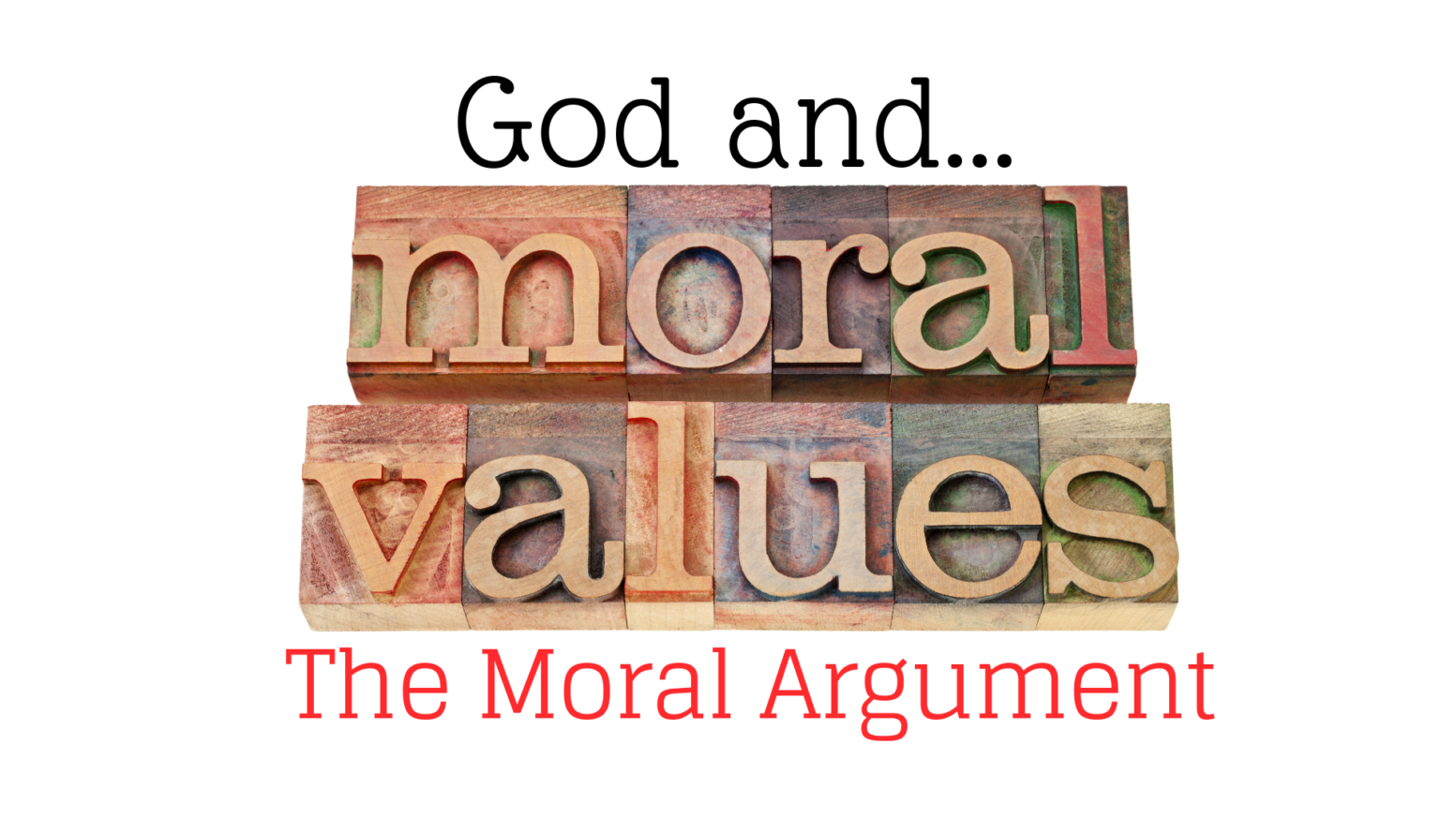The Moral Argument (hereafter MA) is an attempt to prove that God exists by reasoning "from some feature of morality or the moral life to the existence of God."[1] The MA holds that the undeniable existence of a moral realm of reality points to the existence of a moral God who created it. In support of this conclusion, the MA seeks to show that two things are true: first, if objective moral truths exist, then God must exist; and, second, objective moral truths exist. Logically arranged, the MA looks like this:
- If objective moral truths exist, then God must exist.
- Objective moral truths exist.
- Therefore, God must exist.
According to this argument, if premises one and two are true, then the conclusion must also be true. These two premises, however, are not granted by all. In fact, many objections are raised against each premise. One’s task in assessing this argument is to examine these two premises. Are they true or not? Do they combine to give a person good reason to believe God exists?
Objective Moral Truths Exist
Since premise two is the more obvious of the two premises, it will be considered first. There are several words in this premise that might be a bit unclear. Defining these words should prove to be helpful in understanding the argument.
First, what is meant by objective? President John Adams once said, “Facts are stubborn things; and whatever may be our wishes, our inclinations, or the dictates of our passions, they cannot alter the state of facts and evidence.”[2] This is essentially what it means to say morals are objective. According to the Oxford English Dictionary, objective, in the sense in which the MA uses it, means: “not dependent on the mind for existence; actual.”[3] Its synonyms are actual, real, empirical, verifiable, existing, or manifest. In other words, objective truths are mind-independent facts of reality—facts that are true regardless of the feelings or opinions of any person. For example, Earth is the third planet from the Sun. Since the Copernican revolution, science has demonstrated this to be a fact beyond dispute. Mercury and Venus are closer to the Sun than Earth, and Mars, Jupiter, Saturn, Uranus, Neptune, and Pluto are farther away. This is true regardless of what anyone thinks or feels about it. By contrast, the word subjective means “Based on or influenced by personal feelings, tastes, or opinions” and its synonyms are personal, personalized, individual, internal, emotional, instinctive, intuitive, and impressionistic.”[4] According to the MA, moral truths are not subjective. Whether killing the innocent, for example, is right or wrong is not a matter of personal opinion or feeling. Moral duties and obligations are not determined by the feelings of individuals or groups. Instead, the facts of external reality make murder wrong and bind moral obligations.
Second, what is meant by moral? A moral truth is a truth concerning good and bad, right and wrong, ought and ought not. A moral truth claim is a statement like it is "wrong to torture a child" or "it is right to save a life.” These are the kind of truth claims with which the MA is concerned.
Third, what is meant by truth? Truth is that which corresponds to the facts of reality.[5] To say it more simply, to tell the truth is to tell it like it is.
Having these definitions in mind, premise two may be summarized as saying: regardless of what anybody thinks about it, some things really are right and/or wrong. This particular view of morality is called Moral Realism. Pojman and Fieser give this definition: “Moral facts exist and are part of the fabric of the universe; they exist independently of our thoughts about them.”[6] But is this right? Do objective moral truths exist as a part of reality? We’ll consider an answer to this question in Part 2.
[1] Evans, https://plato.stanford.edu/ent...
[2] Garson. “Facts Are Stubborn Things.” Quote Investigator, Quote Investigator, 1 Apr. 2018, quoteinvestigator.com/2010/06/18/facts-stubborn/.
[3] “Objective | Definition of Objective in English by Oxford Dictionaries.” Oxford Dictionaries | English, Oxford Dictionaries, 1 Apr. 2018, en.oxforddictionaries.com/definition/objective.
[4] “Subjective | Definition of Subjective in English by Oxford Dictionaries.” Oxford Dictionaries | English, Oxford Dictionaries, 1 Apr. 2018, en.oxforddictionaries.com/definition/subjective.
[5] David, Marian, "The Correspondence Theory of Truth", The Stanford Encyclopedia of Philosophy (Fall 2016 Edition), Edward N. Zalta (ed.), URL = <https:/plato.stanford.edu/archives/fall2016/entries/truth-correspondence/>.
[6] Pojman, Louis P., and James Fieser. Ethics: Discovering Right and Wrong. Cengage Learning, 2017.
